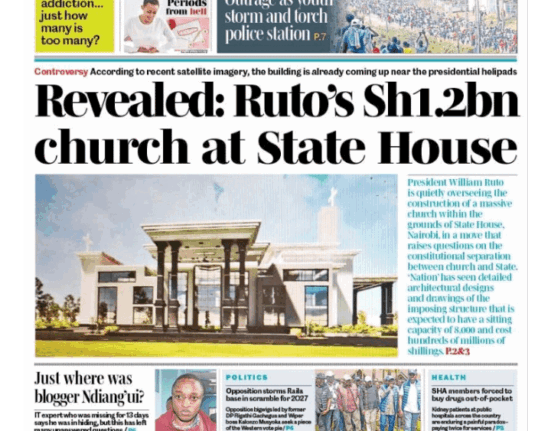In the vibrant tapestry of Nigerian history, the Sokoto Caliphate emerges as a pivotal entity that shaped the socio-political landscape of the region. Part III of the Nigeria series delves deep into the intricate circumstances that birthed the Sokoto Caliphate, its reign, and the resistance it faced during the tumultuous period of British colonialism. This chapter of history not only illuminates the rise and fall of a powerful empire but also serves as a mirror reflecting the resilient spirit of a people striving to preserve their identity amidst external pressures and forces.
At the heart of the Sokoto Caliphate’s genesis lay a convergence of religious fervor, political ambition, and strategic alliances. Founded in the early 19th century by the revered Islamic scholar, Usman dan Fodio, the Caliphate aimed to establish a devout Muslim state governed by Islamic law. Usman dan Fodio’s charismatic leadership and intellectual prowess galvanized a movement that sought to challenge existing power structures and create a society based on Islamic principles.
The Sokoto Caliphate symbolized a fusion of faith and governance, where religious authority intertwined with political sovereignty to create a unique system of administration.
As the Caliphate expanded its influence across the vast territories of present-day Nigeria, it implemented a system of decentralized governance through emirates and provinces, each ruled by appointed emirs accountable to the central authority of the Caliph. This hierarchical structure not only facilitated efficient administration but also enabled the Caliphate to exert control over diverse ethnic groups and regions, fostering a sense of unity under the banner of Islam.
The Sokoto Caliphate’s administration exemplified a delicate balance between centralized authority and local autonomy, allowing for cultural diversity within a framework of religious cohesion.
Despite its internal cohesion and military prowess, the Sokoto Caliphate faced formidable challenges from external forces, most notably the encroaching British colonial presence in West Africa. The arrival of British imperialists heralded a period of confrontation and resistance as the Caliphate grappled with the looming threat of European colonization and the erosion of its autonomy.
The clash between the Sokoto Caliphate and British colonial forces epitomized a struggle for power, autonomy, and cultural identity, reflecting broader dynamics of imperialism and resistance in colonial Africa.
The resistance put up by the Sokoto Caliphate against British incursions underscored the resilience and determination of its people to defend their way of life and sovereignty. Despite facing technological inferiority and numerical disadvantage, the Caliphate mounted spirited efforts to resist colonial subjugation, embodying a spirit of defiance and pride that resonated with many across the region.
The legacy of the Sokoto Caliphate’s resistance endures as a testament to the enduring spirit of resistance against external domination and a reminder of the complexities of colonial encounters in Africa.
In the broader context of Nigerian history, the rise, rule, and resistance of the Sokoto Caliphate offer profound insights into the complexities of power, religion, and identity in shaping the destiny of nations. The legacy of the Caliphate serves as a reminder of the enduring impact of historical legacies on contemporary societies and the importance of understanding the nuanced dynamics of past events in navigating the challenges of the present.
As we reflect on the remastered history of Nigeria and the saga of the Sokoto Caliphate, we are reminded of the rich tapestry of experiences, struggles, and triumphs that have woven together to form the intricate fabric of Nigerian identity. The story of the Caliphate stands as a beacon of resilience, a testament to the indomitable spirit of a people who refused to be subdued by the tides of history, but instead, stood firm in defense of their beliefs, traditions, and way of life.
In conclusion, the rise, rule, and resistance of the Sokoto Caliphate encapsulate a chapter of Nigerian history filled with drama, intrigue, and profound lessons for generations to come. As we navigate the currents of the present and chart the course for the future, the echoes of the Caliphate’s legacy remind us of the enduring power of faith, courage, and unity in the face of adversity. The saga of the Sokoto Caliphate continues to resonate as a testament to the resilience of a people bound by a shared history, a shared destiny, and a shared determination to forge their path amidst the winds of change.









Leave feedback about this